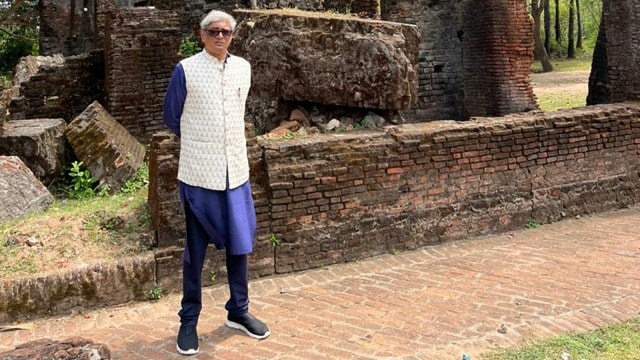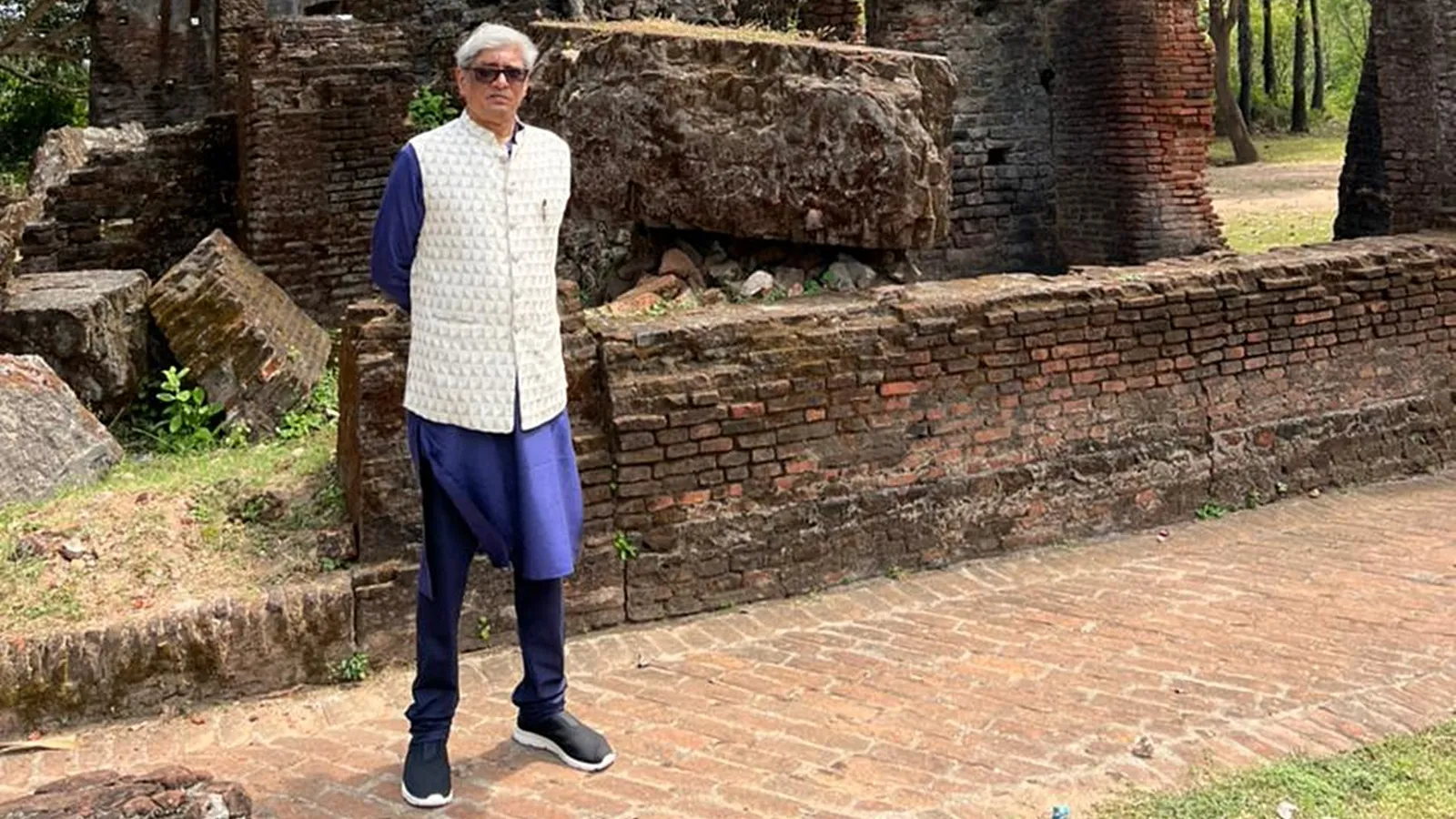
In his last column, published posthumously (‘There is a world outside that exists. What if I am not there? What indeed?’, IE, November 1), Bibek Debroy dismissed “a few obituaries” as inconsequential to his own transience. To those who knew him, such views truly reflected his beliefs. But even as I mourn his early passing, and deeply regret not visiting him while in Delhi in October for one more meeting, I must write about the lessons I drew from him, for the ideas and values he espoused and worked on would live on well after his passing.
I encountered his work long before I joined the Economic Advisory Council to the Prime Minister (EAC-PM) that he chaired. When I started working on the importance of state governments for India’s growth, his ranking of states on economic freedom was one of the few comprehensive studies ever done. As India grappled with a spate of corruption scandals, his book on corruption in India provided important context. I found his report on the restructuring of Indian Railways very educative, and enjoyed the candour with which it stated that nearly every recommendation in the report had been made by several committees earlier, some many decades back.
But what stood out to me was a comment he made to a friend of mine, that all he wanted was time to finish his translations of the puranas. I then heard him conduct a seminar in Sanskrit. To someone who grew up being told stories of self-actualised intellectuals who possessed little but were committed to a life of scholarship, this was real-life inspiration. So I was excited when I got a chance to work with him. I was not disappointed.
His scholarship was wide-ranging — he was as adept at quoting the shastras at will as at bringing the right economic framework when calculating the split of economic losses between households, businesses and the government during the pandemic, or the state and central laws that were relevant to a specific economic issue.
Needless to say, he was prolific. Not just in making available dozens of Sanskrit books in English, some for the first time ever, but also the eclectic set of issues he wrote about in opinion pieces — from the links between sparrows and urbanisation to the history of land laws and land records. He found time to author a book published in 2022 about the history of fountain pens in India, and how their story captured the depletion of India’s manufacturing prowess. All this while chairing the EAC-PM, which was very active with policy advice during a period of significant macroeconomic turbulence both in India and globally. Add to that his daily limericks, which, going by the response on social media platforms, were quite popular. I was not surprised when I heard that he could complete a thousand-word column in no time while participating in a seminar.
There was much to learn from his understanding of the process of economic reforms, and the subtle and complex flow of information that lay beneath it. He was careful with words, and his multiple decades of seeing policymaking in action were visible in careful consideration of longer-term implications.
As much as his deft handling of differences of opinion between strong-willed and vocal members of the council, it was his decision to not impose his own views that got the best out of us. In several meetings he would just hear us out, and one of us would then compile the inputs, and send it across, without any impositions from him. To me, this showed remarkable leadership. He had strong opinions that he did voice on important policy matters, but only where it mattered. The only time I recall him sounding upset was when one member openly contradicted another in a meeting that had many outside participants.
As researchers working in the private financial sector, some of us were initially impatient. I recall losing my cool on one issue just a few months into our first term, and how he heard me out, and explained the context. With him, I never felt uncomfortable voicing my opinions openly, and I always got honest answers, even where he disagreed.
Working with him helped me understand the multiple viewpoints that a democratic government had to incorporate, the merits of patience, and a focus on the long term. Often, we learned, it was not just decision-making that was the constraint, but its execution through the bureaucracy. If not for his persistence on the need to improve India’s statistics, for example, the improvements we are beginning to see may not have started. There are many more that he worked on, and whose impact we should see in the coming years.
More than the chairman of a council of which I was a member, I will remember and miss him as a guide and a mentor, who perhaps did not realise many of the lessons he imparted.
The writer worked with Bibek Debroy in the EAC-PM for five years



